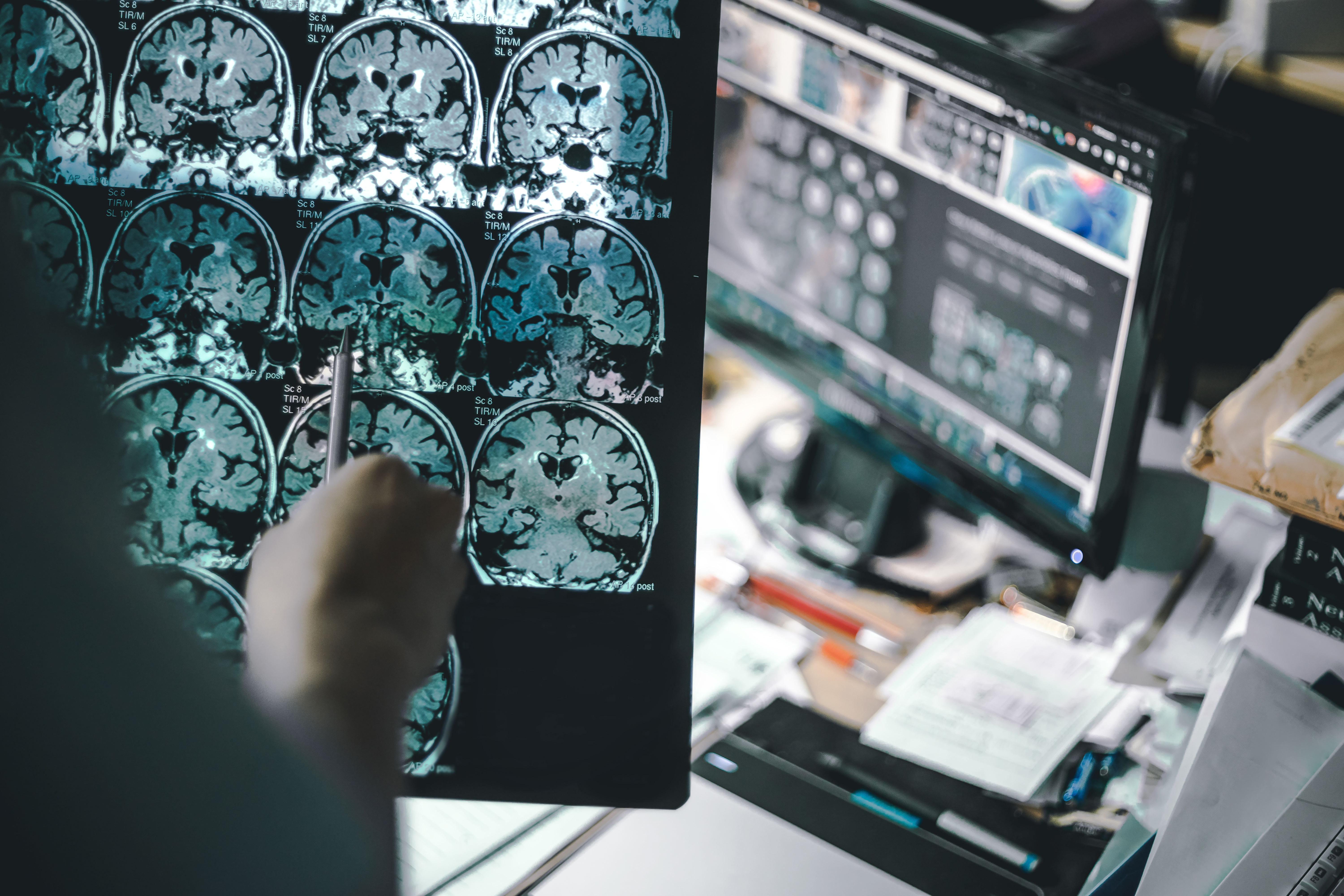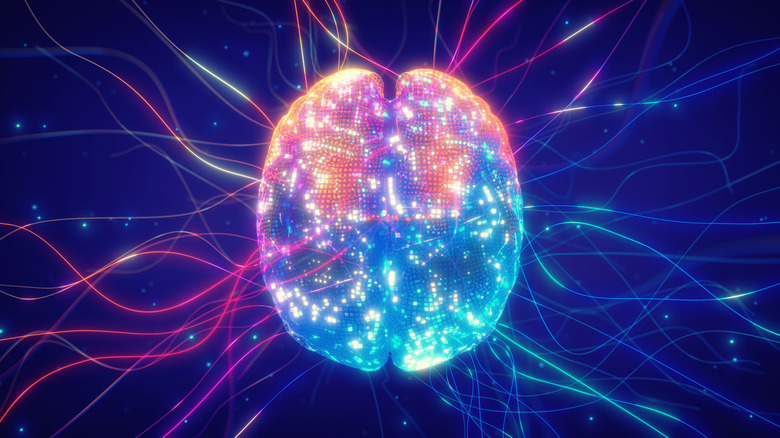Researchers Found A Way To Switch Memories Back On In Alzheimer's Patients
A new compound could be the first step towards creating an actual Alzheimer's cure, researchers say. That's because the new compound can actually "flip back on" the memory of patients affected by Alzheimer's.
As research into Alzheimer's continues, we're learning more about the disease. Plaque on the brain—which is responsible for the memory loss we associate with the disease—is actually not a cause of Alzheimer's itself. Instead, scientists believe it is merely a symptom and, thus, something that we can treat.
And so, researchers have been looking for ways to create an Alzheimer's cure that can bring back the memories of patients who have brains affected by that plaque. One way that they're trying to remove the plaque is by using drugs like lecanemab and aducanumab, which essentially "blast" the plaque away.

This leaves the brain plaqueless, slowing the cognitive decline seen in Alzheimer's patients greatly. But, these medications don't actually correct the alterations in the circuits and mechanisms of the brain. So, researchers have been looking at other methods—like gamma oscillations—instead.
By focusing on boosting these high-frequency brain waves, the researchers found that they were able to make a big step towards creating an Alzheimer's cure that can re-enable the memory of patients who have already started to see some decline within that part of their brain.
They had to work on boosting the waves within the brain, not outside of it, and so far, it seems to have shown some solid results, at least in mice. Of course, there's nothing else like this on the market at the moment, and the researchers still have a long way to go before their findings are completely conclusive and ready to test on human patients.
However, these developments are a huge step forward in the ongoing battle against Alzheimer's disease and the havoc that it continues to wreak on people worldwide. The researchers published their findings in the journal PNAS.
